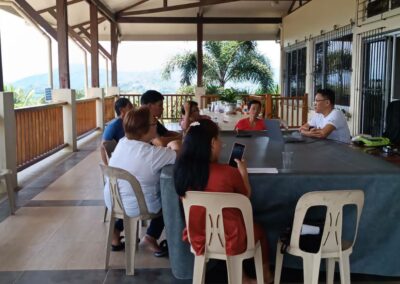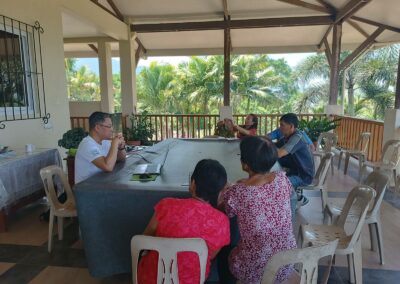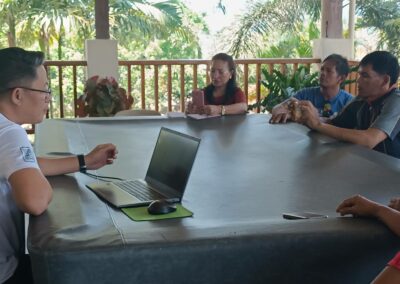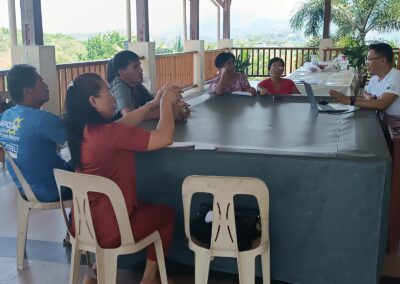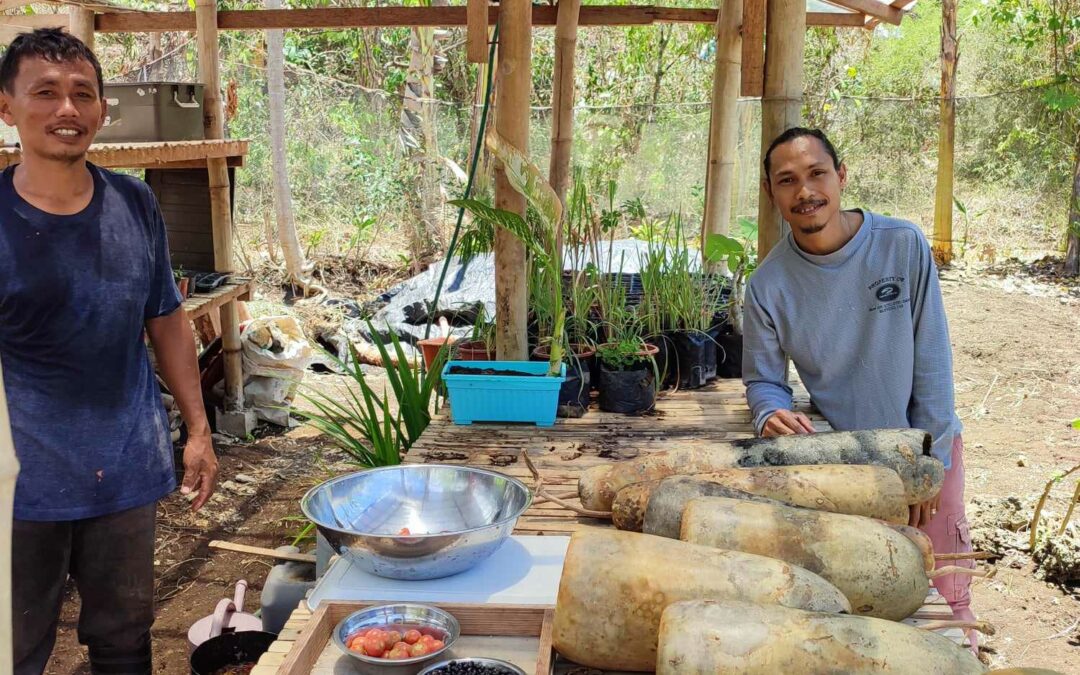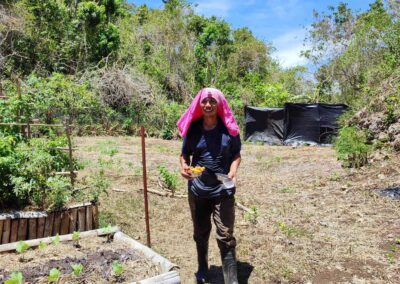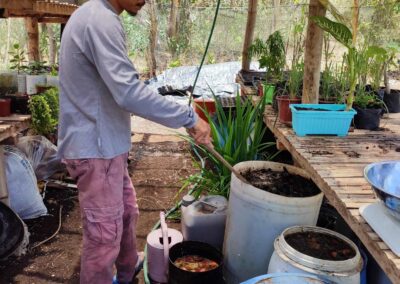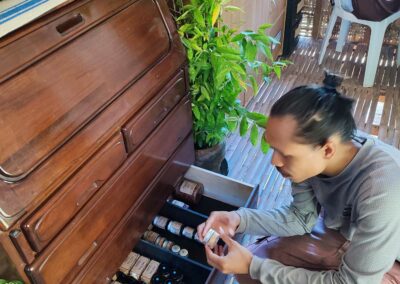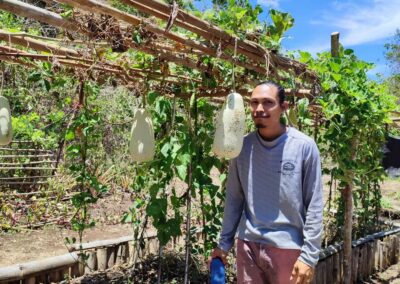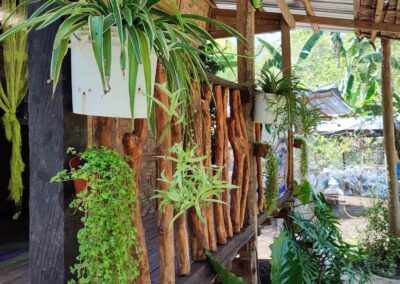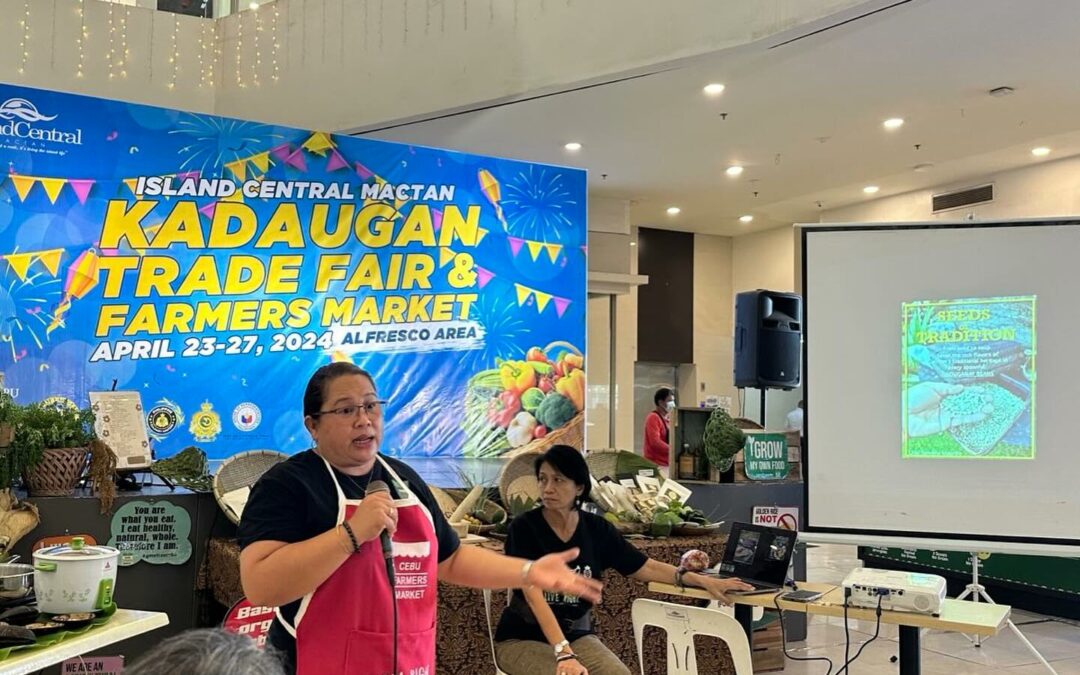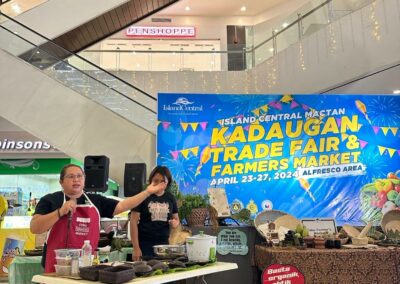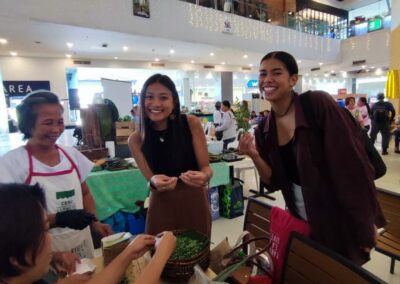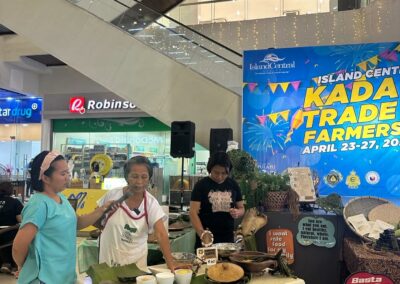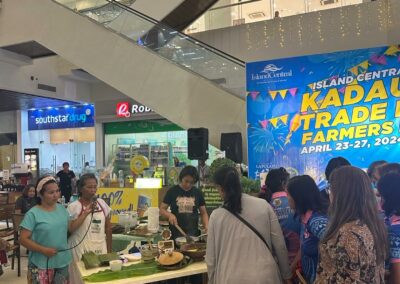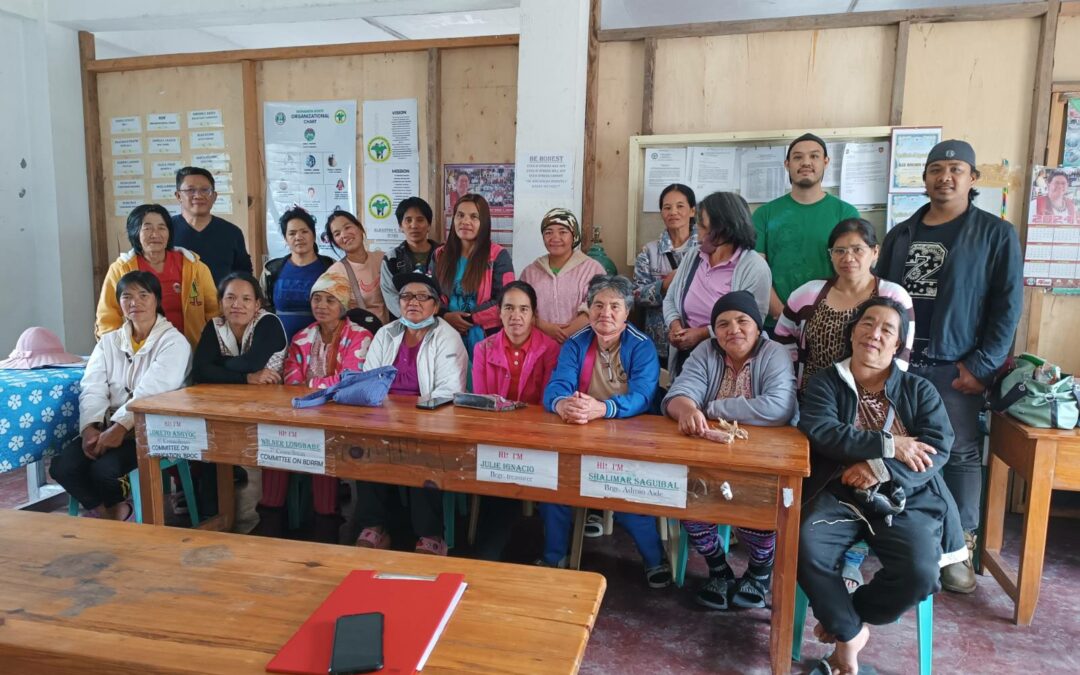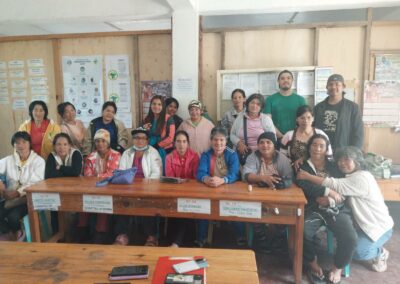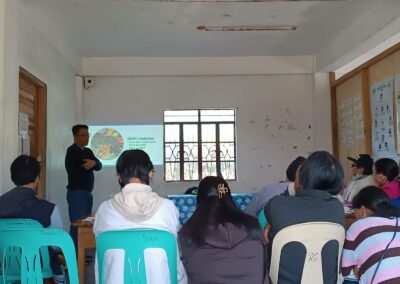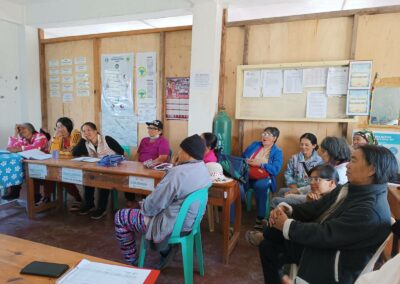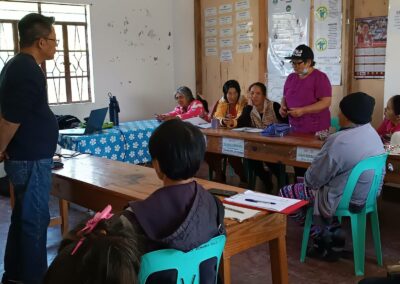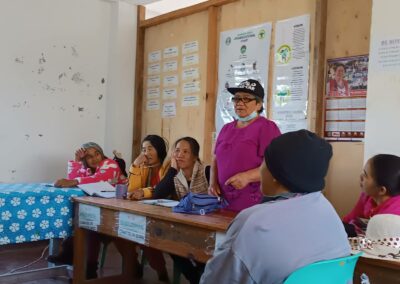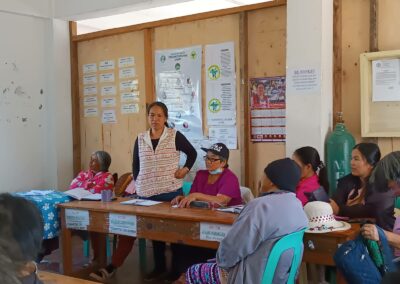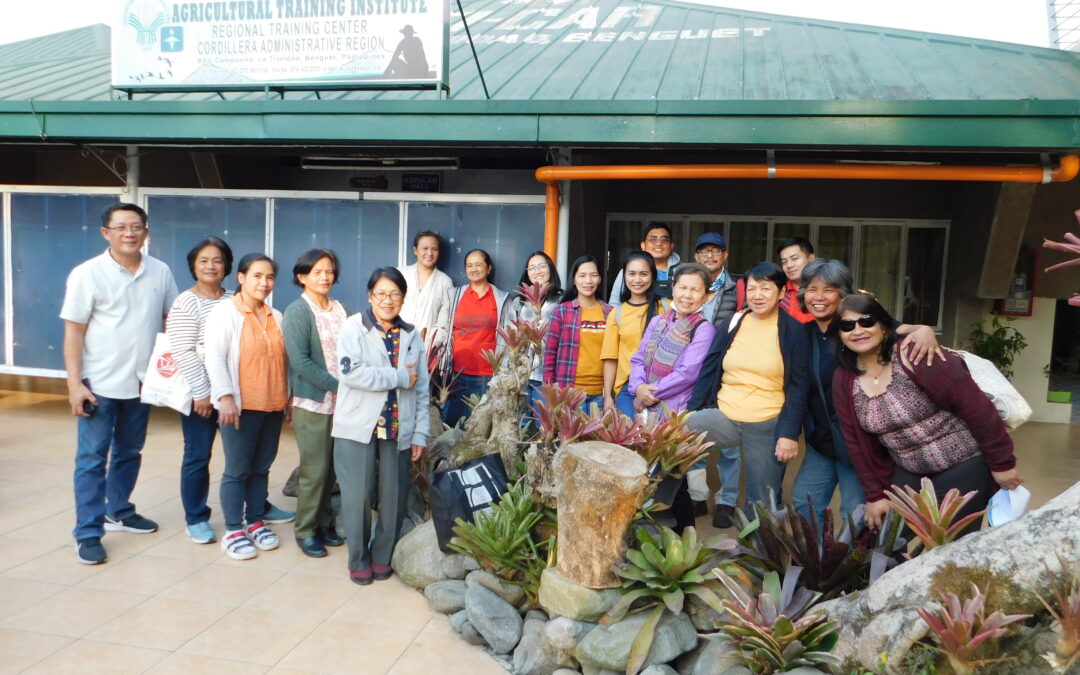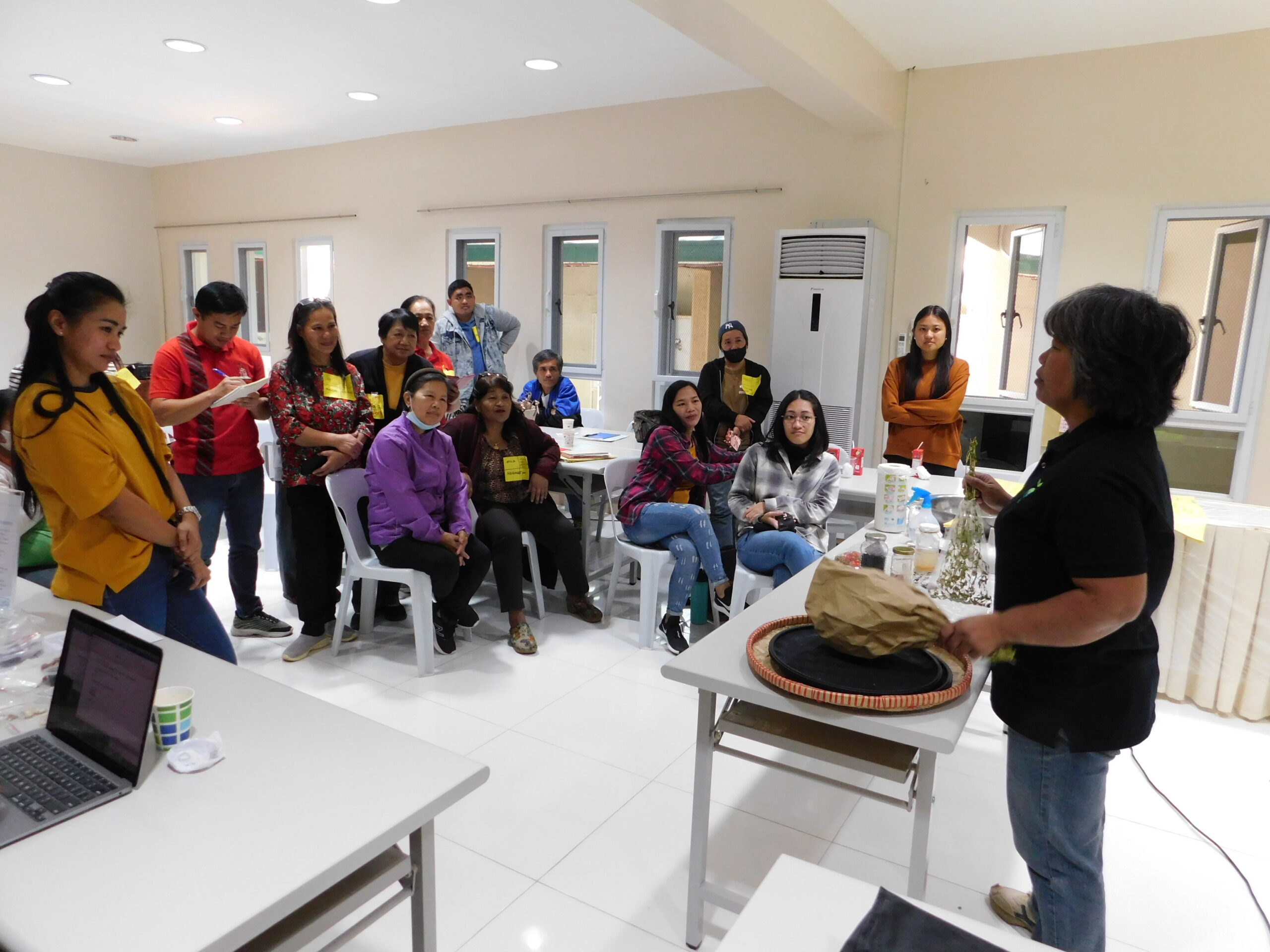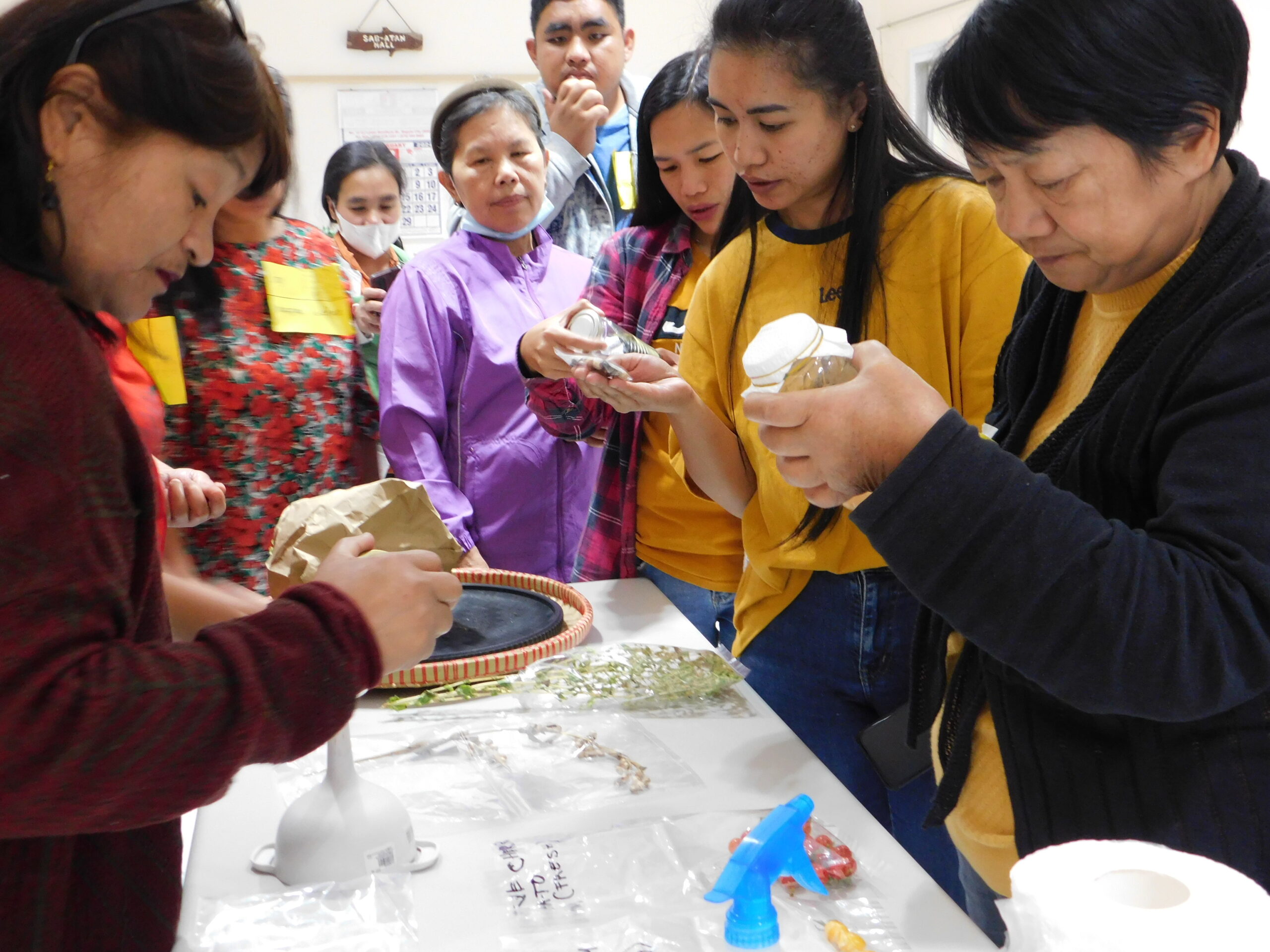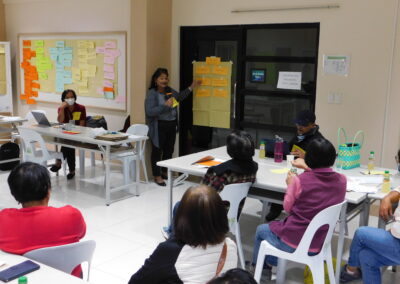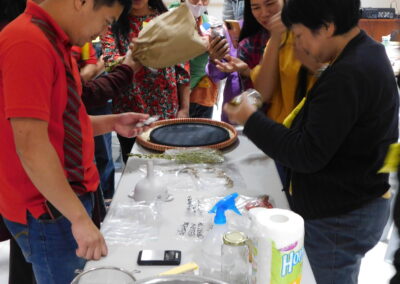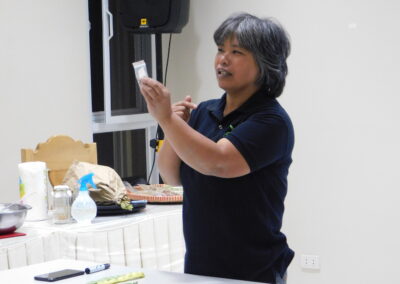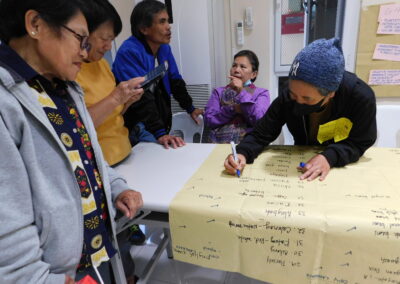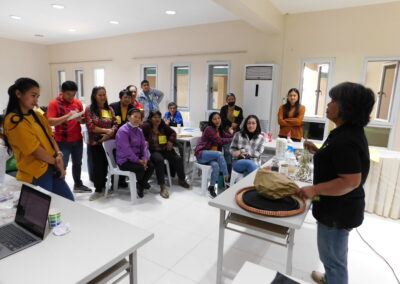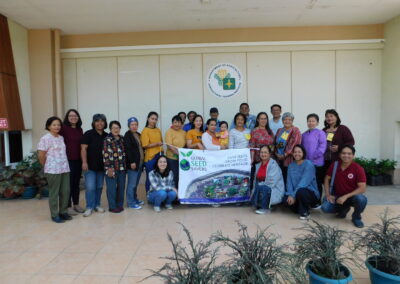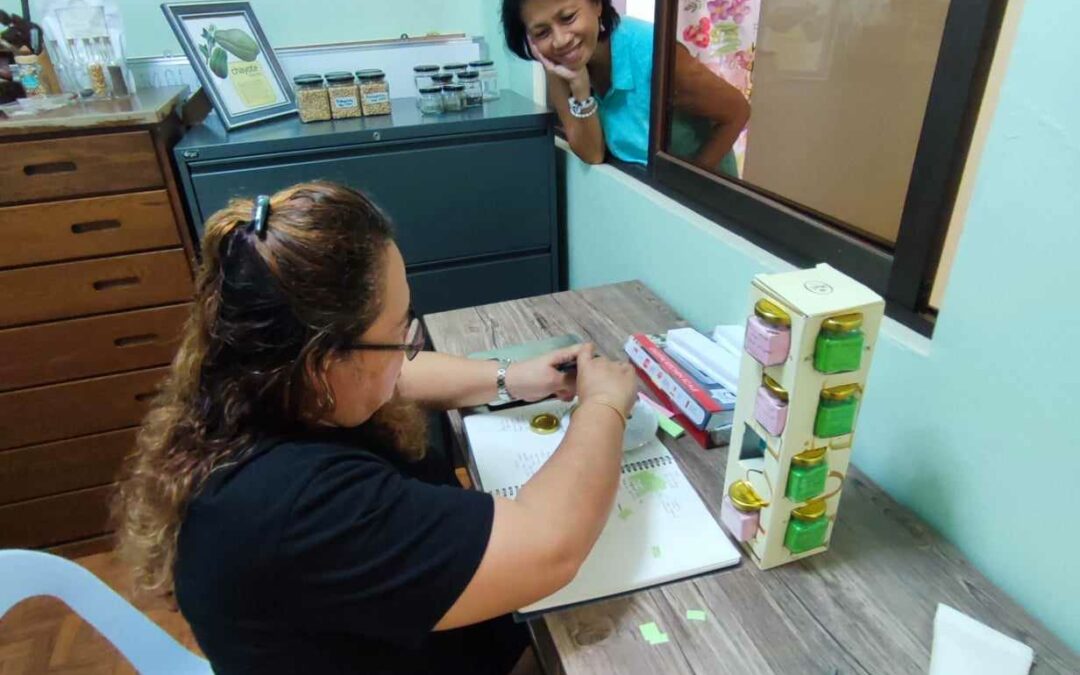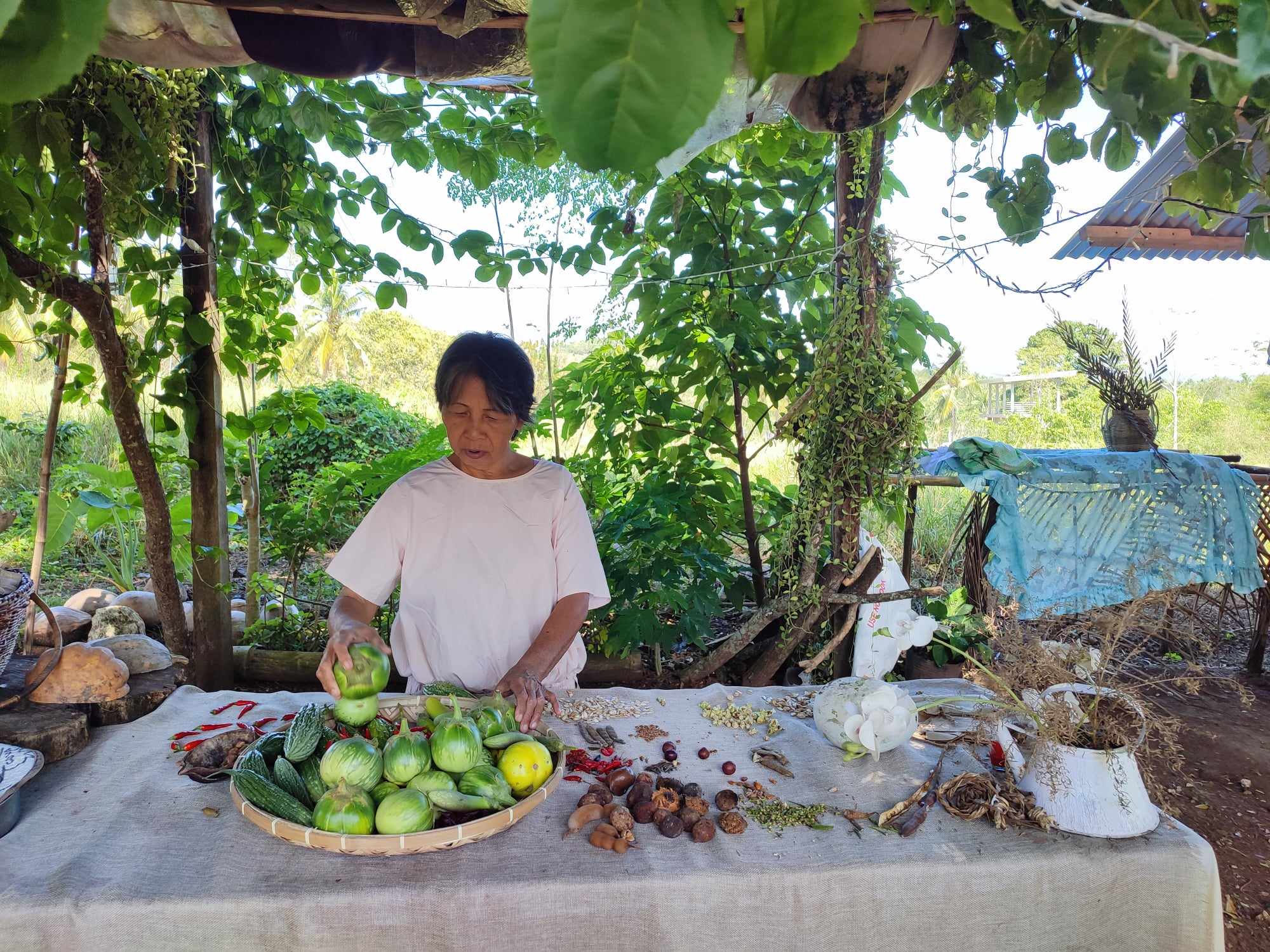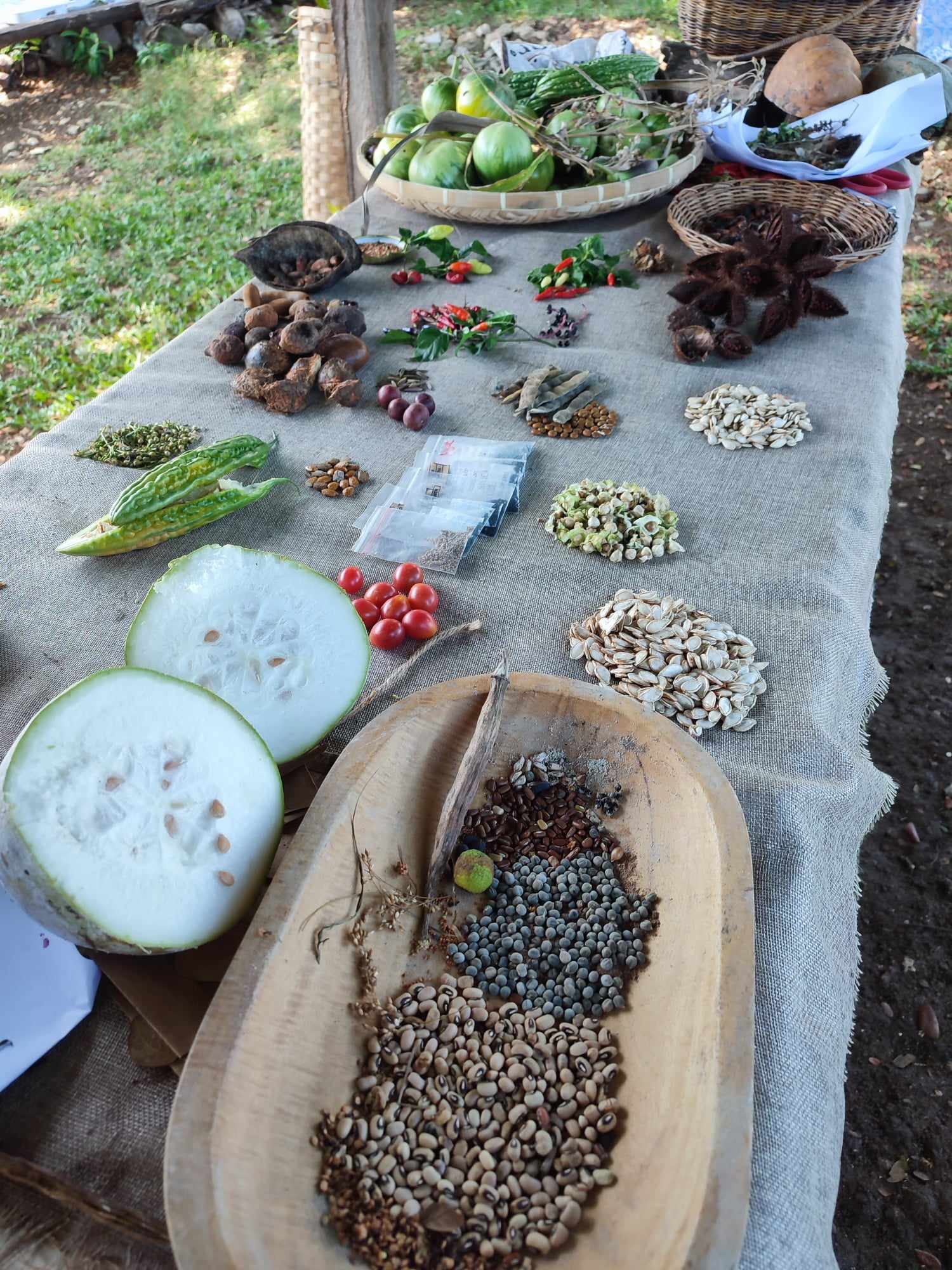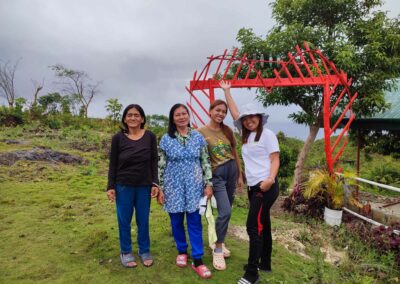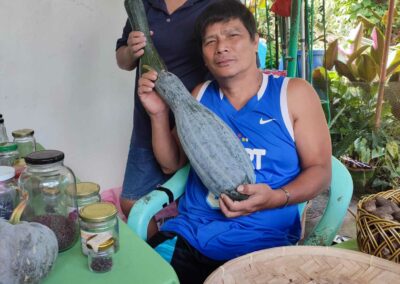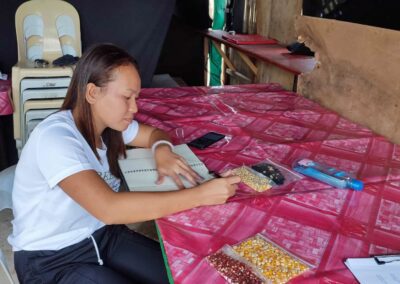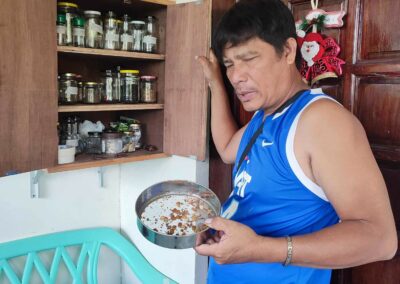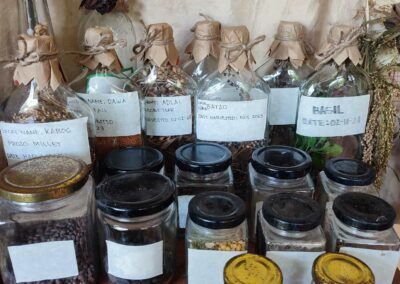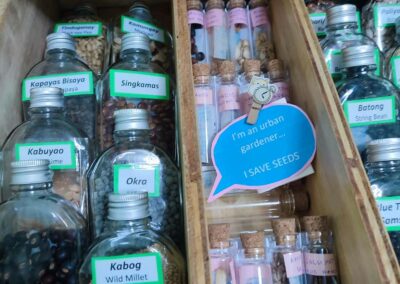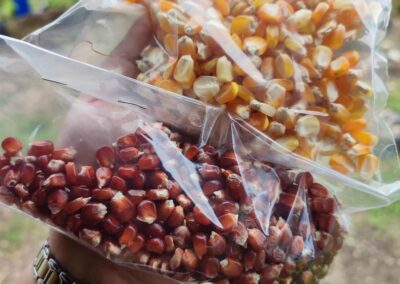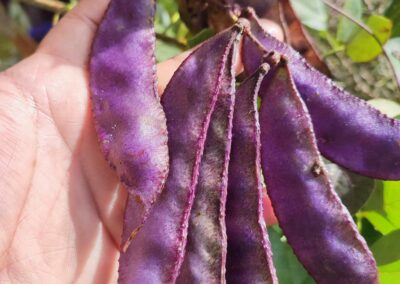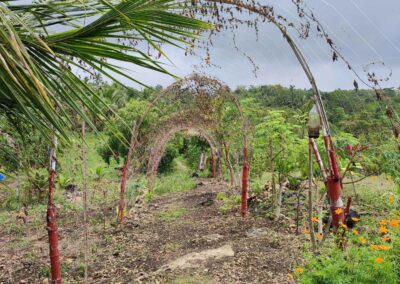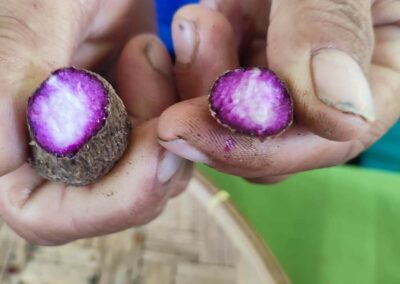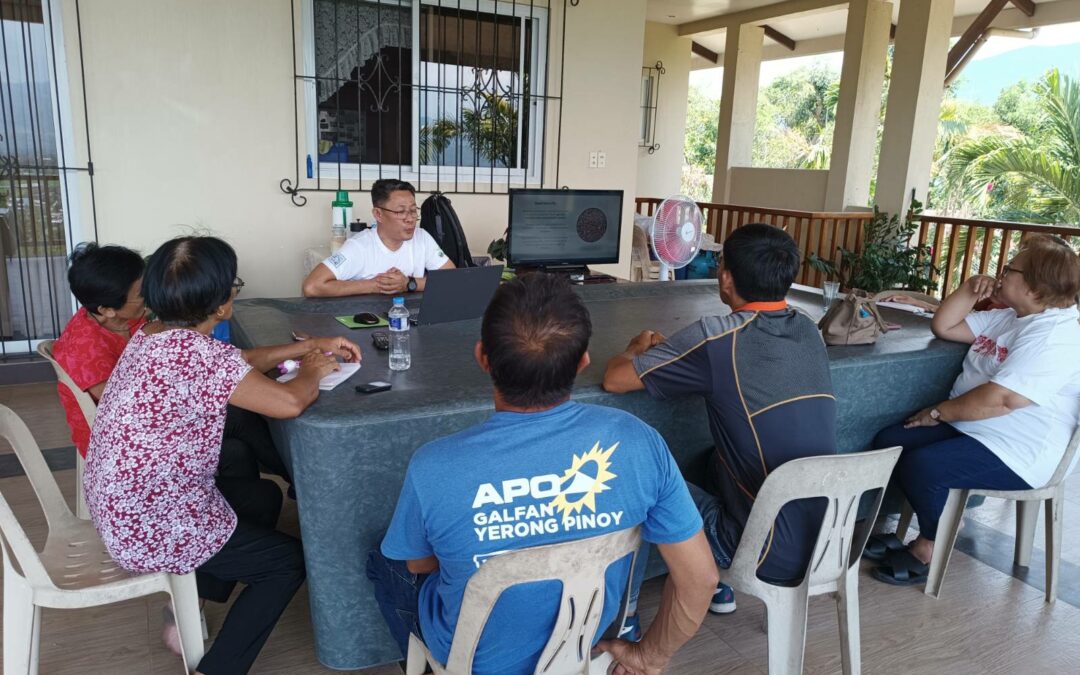
Growing Seed Sovereignty: Building a Stronger Community in Nueva Vizcaya
At Global Seed Savers, our commitment to preserving agricultural heritage and promoting food sovereignty took center stage in Nueva Vizcaya. Our recent Community Learning and Awareness on Seed Sovereignty (CLASS) program brought together the Nueva Vizcaya Seed Savers in Christine Village, Solano, for an enriching and empowering experience. Facilitated by Ding Fuellos, this event aimed to orient core group members about our mission, deepen their understanding of seed sovereignty, and secure their commitment to our programs.
During the program, we engaged in insightful discussions with local leaders and community members, addressing their current challenges and brainstorming sustainable solutions. We learned about their dependence on seed companies and pesticides, a significant barrier to achieving seed sovereignty. In response, we emphasized the importance of seed saving and proposed practical steps for integrating organic practices into their farming methods. Our goal is to foster resilience and self-reliance by encouraging these farmers to cultivate a portion of their land organically, thus beginning their journey towards sustainable agriculture.
This initiative is more than just a workshop; it’s a crucial step towards empowering communities to take control of their food systems. By strengthening their understanding of seed sovereignty and providing them with the tools to practice sustainable farming, we are sowing the seeds for a healthier, more resilient future. Your support helps us continue this vital work, ensuring that communities like Nueva Vizcaya can thrive and preserve their agricultural heritage for generations to come. Together, we are building a future where food sovereignty is within everyone’s reach.
